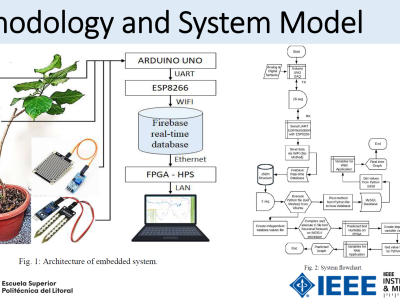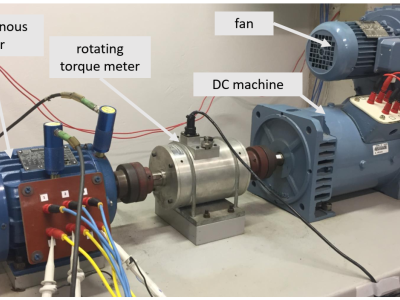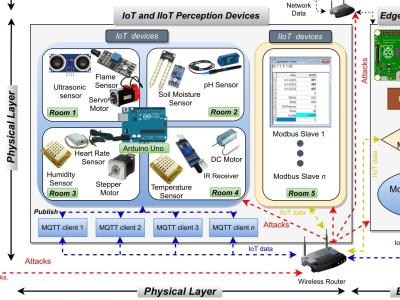S5P2PM

- Citation Author(s):
- Submitted by:
- Antonio Mazza
- Last updated:
- DOI:
- 10.21227/jgxc-5e85
- Data Format:
 29 views
29 views
- Categories:
- Keywords:
Abstract
Data associated with the article: "PM2.5 Retrieval with Sentinel-5P Data over Europe Exploiting Deep Learning"
This dataset provides pre-processed Sentinel-5P imagery reprojected onto the CAMS grid for PM2.5 estimation. Each sample contains the first 60 principal components extracted from the Sentinel-5P spectral bands, excluding the UV range, after applying Principal Component Analysis (PCA). The final band in each sample represents the PM2.5 concentration values obtained from the CAMS dataset.
The dataset is divided into four subsets: training, validation, testing, and generalization, enabling the evaluation of deep learning models under different conditions. Training and validation data are provided in 32×32 pixel patches. This dataset supports research in air quality monitoring and deep learning-based PM2.5 retrieval from satellite observations.
Instructions:
Data associated with the article: "PM2.5 Retrieval with Sentinel-5P Data over Europe Exploiting Deep Learning"
The dataset consists of Sentinel-5P radiance data reprojected onto the CAMS grid for PM2.5 estimation. Each file is stored in PyTorch format and contains the first 60 principal components (PCA) of the Sentinel-5P spectral bands, excluding the UV range. The last band in each sample represents the PM2.5 concentration values provided by CAMS for the corresponding region of interest.
The dataset is divided into four subsets: training, validation, testing, and generalization. Training and validation data are pre-processed and split into 32×32 pixel patches to facilitate deep learning applications. The test and generalization sets allow performance evaluation on independent samples, ensuring robust model assessment.
This dataset is designed for researchers working on air quality monitoring, providing a reliable benchmark for PM2.5 retrieval using deep learning techniques applied to satellite observations.







